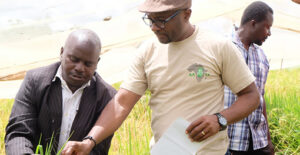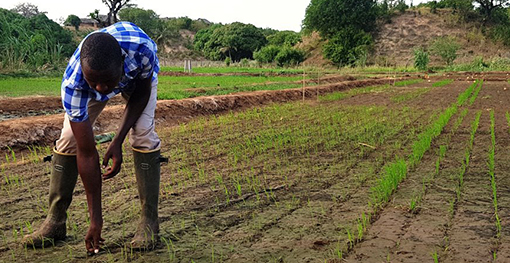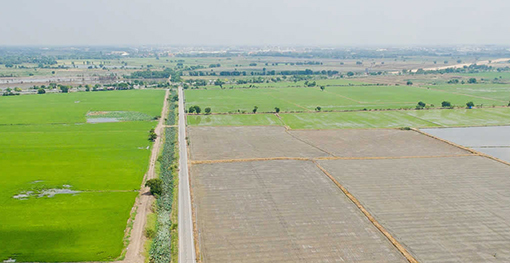HYBRID RICE PROJECT
For Increasing productivity and competitiveness of African rice varieties
ABOUT THE PROJECT
Attaining self-sufficiency in rice production will save Africa an equivalent of US$ 5 billion that is currently spent on importing about 13 million tonnes of rice each year to cover the deficit. Sub-Saharan Africa (SSA) produces 16 million tonnes of milled rice per year but consumes nearly double that amount at 30 million tonnes of milled rice per year. The low rice productivity averages 2.2 t/ha against the global average of 4.3 t/ha largely caused by lack of high performing varieties. Only a few countries in Africa have attained self-sufficiency in rice production and as many as 21 of the 39 rice-producing countries import between 50% and 99% of their rice requirements.
Breeding by design is a project in which AATF is working with partners who are developing new indigenous rice hybrids that can raise rice yields up to over 10 tonnes per hectare, thus improving the livelihoods of farmers and reducing Sub-Saharan Africa’s dependence on imports. The specific objectives include
• Develop 2-line hybrid rice and parental lines that are well adapted to African conditions.
• Stimulate private seed companies towards sustainable utilization and commercialization of the Hybrid Rice.
• Strengthen the technical capacity of private seed companies in 2-line hybrid technology to ensure continuous breeding, hybrid rice production, release and commercialization.
• Develop an IT tool with interpolated weather surfaces to predict temperature regimes and manage 2-line hybrid rice production risk.
AATF PROJECTS
TELA Maize
TAAT Maize
TAAT Policy Enabler
Cowpea Project
MLN Project
OUR CONTRIBUTION

10% of rice farmers in Africa will be using hybrid rice seeds within the next 8-10 years

‘The hybrid is of good quality. It also has characteristics of Pishori which is loved by Kenyans and has a more translucent and stronger grain’ – Dr Raphael Wanjogu, Chief Research Officer at the National Irrigation Board.
PROJECT BENEFIT
FARMERS
Farmers will be able to access the Hybrid Rice seed from their agro-dealers once released. They will get higher rice yields estimated at 7-10 tonnes per hectare under good agronomic practices compared to the current 3 tonnes per hectare.
BUSINESSES
Parental lines are available for the use of private seed companies for continuous breeding, seed production and marketing. This will create new job opportunities along the downstream value chains.
SOCIETY
Hybrid Rice varieties are as competitive as imported rice in terms of grain quality and affordability. Earlier maturity of only 90–120 days compared to 135–150 days for other varieties will reduce the risk of food shortages.
PROJECT HIGHLIGHTS
FIELD & IMPACT STORIES
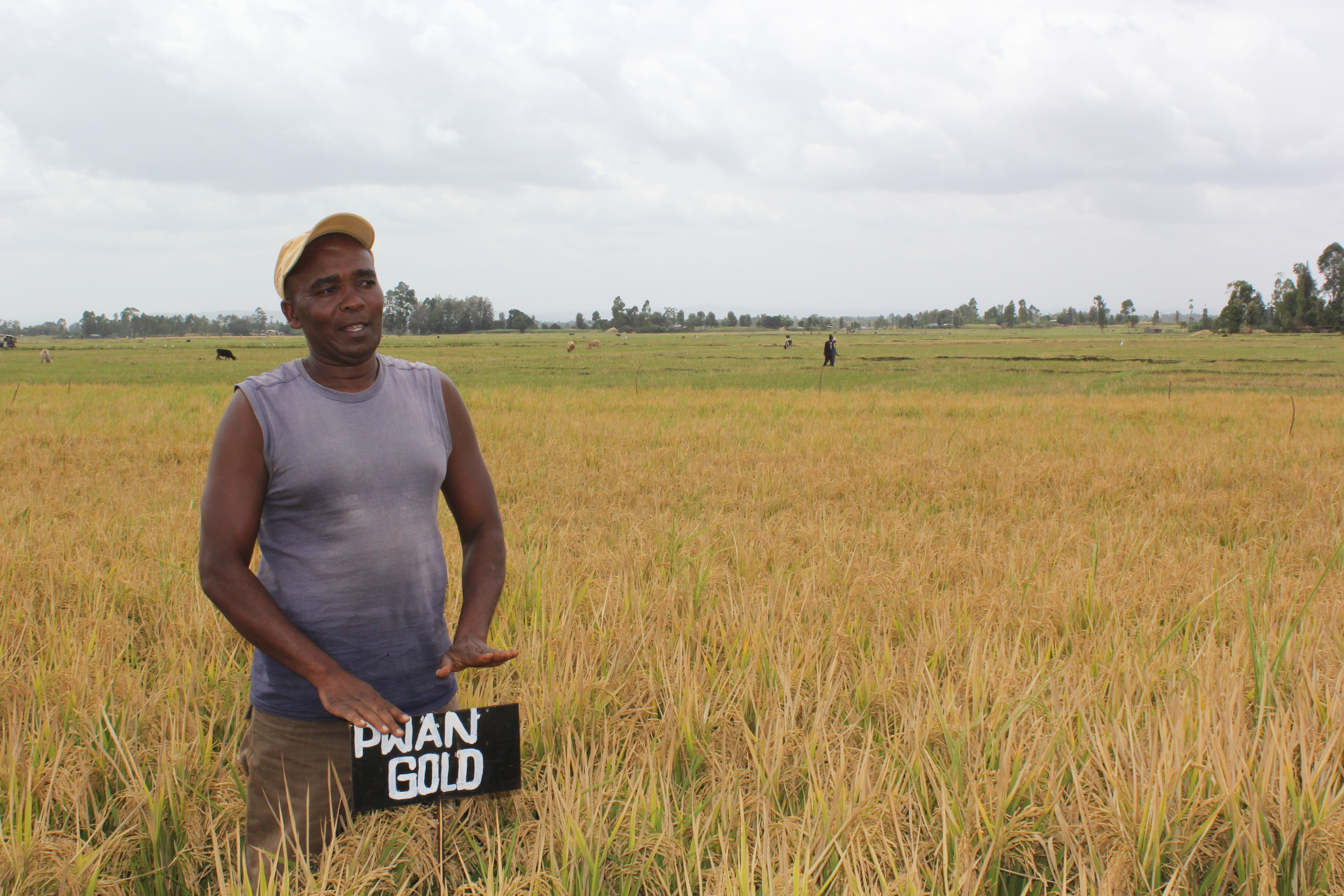
From fields to fortune: How new hybrid rice varieties are transforming the lives of farmers.
Follow this story
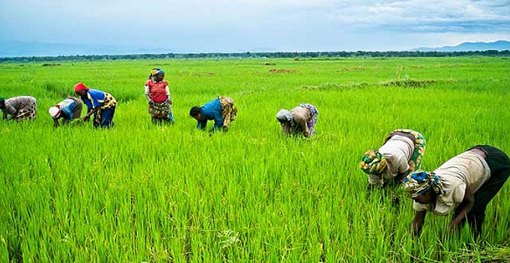
AATF and IRRI partner to bring hybrid rice and sustainable technologies to African...
Need more info on this?
Get in touch with us for more information.
Fill out the contact request form & we'll get back to you.
PROJECT PARTNERS

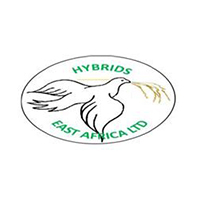
INFORMATION AND RESOURCES
TELA Maize Project: General FAQs
Download Resource file
TELA Maize Technology: FAQs for seed companies
Download Resource file
TELA Product Launch Collaboration Agreement (PLCA) Summary.
Download Resource file
Performance and yield stability of maize hybrids in stress-prone environments in eastern Africa
Download Resource file
On-farm Performance and Farmers’ Perceptions of DroughtTEGO-Climate-Smart Maize Hybrids in Kenya
Download Resource file
PROJECT MANAGEMENT

Dr. Kayode Sanni
Project Manager
K.Sanni@aatf-africa.org
Main Collaborators:
Dr. John Mann – Hybrid East Africa Limited
PROJECT INVESTORS

Bill and Melinda Gates Foundation supports the TELA, Open Forum on Agricultural Biotechnology in Africa, QBS, the Hybrid Rice: Breeding by Design projects and has contributed to integrating IT into CAMAP. The Foundation previously supported the WEMA project and also provided core funding for organizational operational support.
CALL US TODAY
254-20 422 3700
NAIROBI, KENYA
Naivasha Rd
EMAIL
aatf@aatf-africa.org



